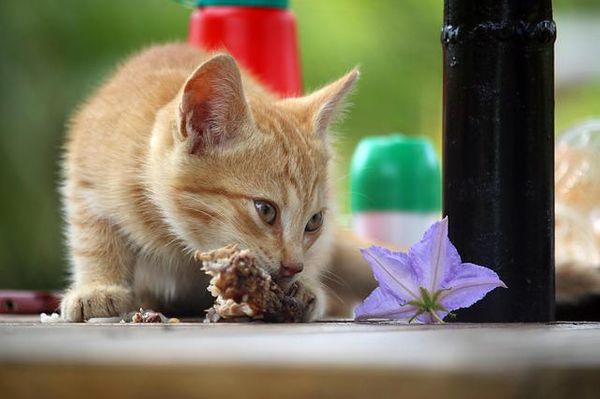If you want your cat to live a long life, then please take a look at this list of the top 10 toxic foods for cats. You will be surprised at how many common household items are harmful to cats even though they don’t seem dangerous to humans. After all, it’s all about good health –
Some Vegetables and Herbs
Though cats can eat some vegetables, they shouldn’t be fed onions, garlic, leeks, scallions, shallots, and chives as they are dangerous to cats. These veggies and herbs can cause gastrointestinal problems in cats and even red blood cell damage. Foods that contain these vegetables and herbs, such as garlic bread, should also be avoided.
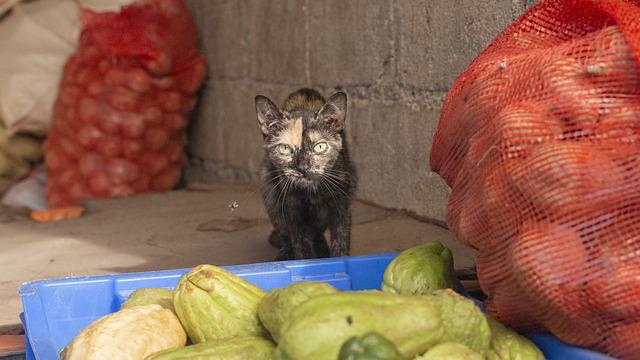
Raw Fish
Just like raw meat and eggs, raw fish can carry bacteria that cause food poisoning. It is important to note that a steady diet of fish can cause a cat to lose appetite, have seizures, and even die. Since raw fish contains thiaminase, an enzyme that can cause illness in cats, it should be avoided.
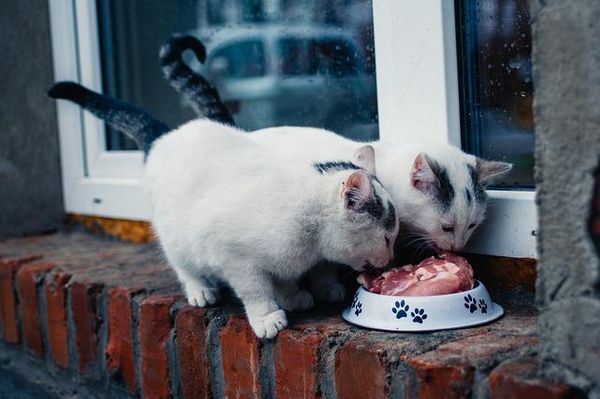
Raw eggs
Raw eggs should never be fed to kittens or cats because they may contain salmonella. This bacteria may cause harm not only to your pet, but also to you and other members of your household. Salmonella symptoms include vomiting, high fever, loss of appetite, abdominal pain, and diarrhea. A severe case of salmonella may necessitate supportive care, fluids, antibiotics, or hospitalization.
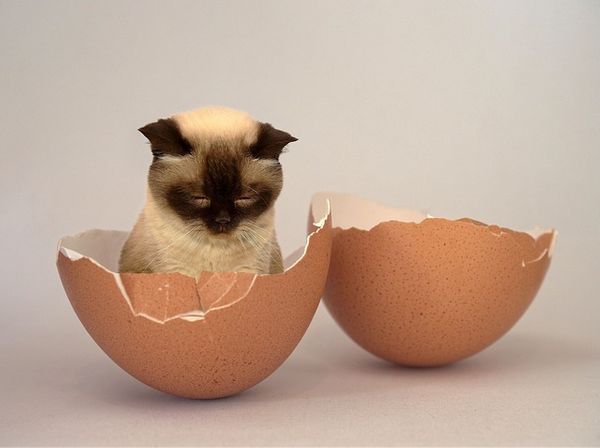
Nuts
Brazil nuts, walnuts, and almonds are high in fat and should not be given to your cat. Furthermore, almonds contain the chemical compound cyanogenic glycosides, which can cause stomach upset, dilation of the pupils, and hyperventilation. Peanuts are not toxic to cats, but because they contain a lot of fat, you should avoid giving them to your pet. Although adult cats can eat hazelnuts and pine nuts, kittens may have digestive issues with these nuts.
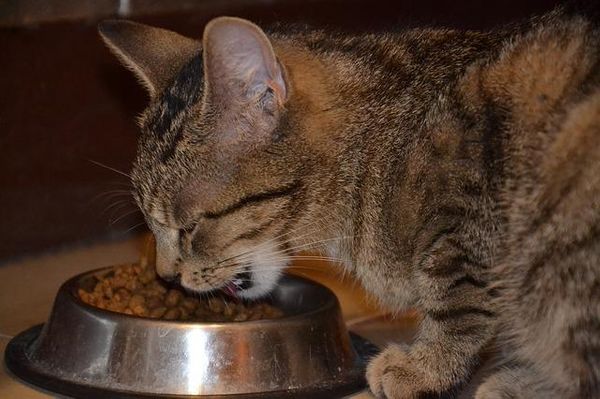
Dairy especially Cow Milk
Over the years we have seen cats slurping milk with great taste. However, milk is not something that your cat must savor. Well, because most cats are ‘lactose intolerant,’ which means they lack the enzyme (lactase) in their intestines that is known to digest the sugar in milk (lactose), so milk containing lactose can make them sick. Drinking it can cause vomiting, diarrhea, and stomach pain (just like lactose intolerance in humans).
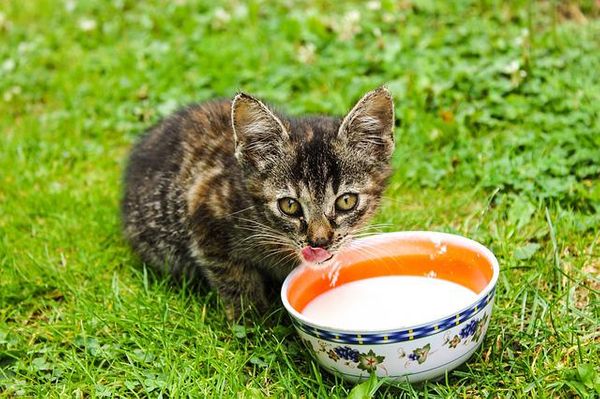
Citrus fruits
Citrus fruit stems, leaves, seeds, and peels are poisonous to cats. They contain varying amounts of citric acid and essential oils, both of which can irritate your cat’s nervous system. In large enough quantities, it can cause central nervous system depression, resulting in tremors, seizures, or death. Consuming small amounts of citrus fruit flesh rarely causes significant problems, aside from possible stomach upset.
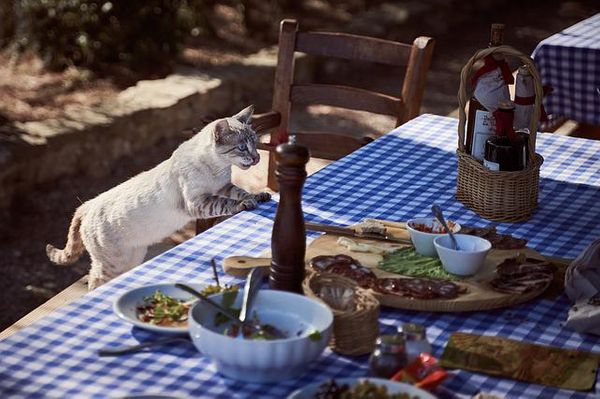
Coffee
Coffee is not safe for cats to consume. Coffee can be extremely harmful to cats. Cat parents should be aware that excessive caffeine consumption can be fatal. There is no antidote available. Caffeine poisoning symptoms include agitation, rapid breathing, palpitations in the heart, and muscle tremors.
Also Read: Health Views: Common Diseases in Parrots: Symptoms and Treatments
Coconut flesh and coconut water
Small amounts of coconut and coconut-based products are unlikely to harm your pet if consumed in small amounts. Coconut flesh and milk contain oils that, in some cases, can cause stomach upset, loose stools, and diarrhea.
Chocolate
Chocolate contains theobromine, which is completely safe for humans but toxic to dogs, cats, and rabbits. Chocolate poisoning symptoms usually appear within 2-12 hours and can last for days.
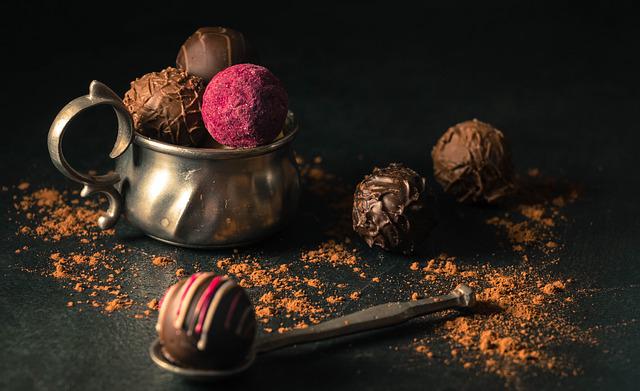
Toxicology can result in the following outcomes in severe cases:
- Panting or rapid breathing
- Tremors, trembling, and shaking
- Temperatures are extremely high (fever)
- Seizures
- A rapid heart rate
- Blood pressure is high.
Although it is extremely rare, the most severe cases of chocolate poisoning can result in heart failure, coma, and even death.
Bread dough containing yeast
Cats are poisoned by unbaked yeast bread dough. According to the ASPCA, yeast bread can cause gas to build up in your cat’s digestive tract. This may cause bloating and even stomach twisting in your cat, which can be fatal. Yeast also produces ethanol, which is an alcohol byproduct. If your cat is exposed to alcohol, he or she may experience severe side effects such as vomiting, diarrhea, loss of coordination, difficulty breathing, unconsciousness, and even death.
For better health information, about health and wellness as well as advice for health of animals explore Pet Care and Animal Health on Healthviews online


